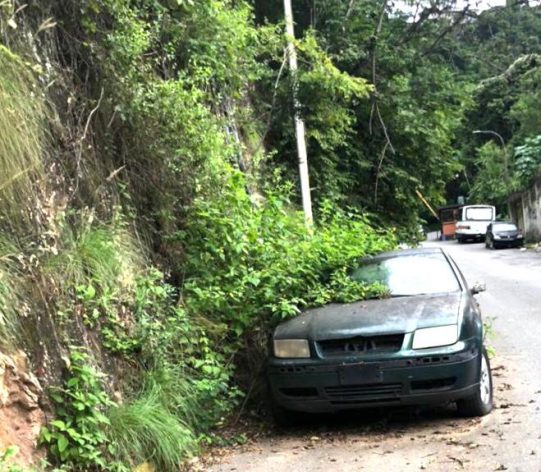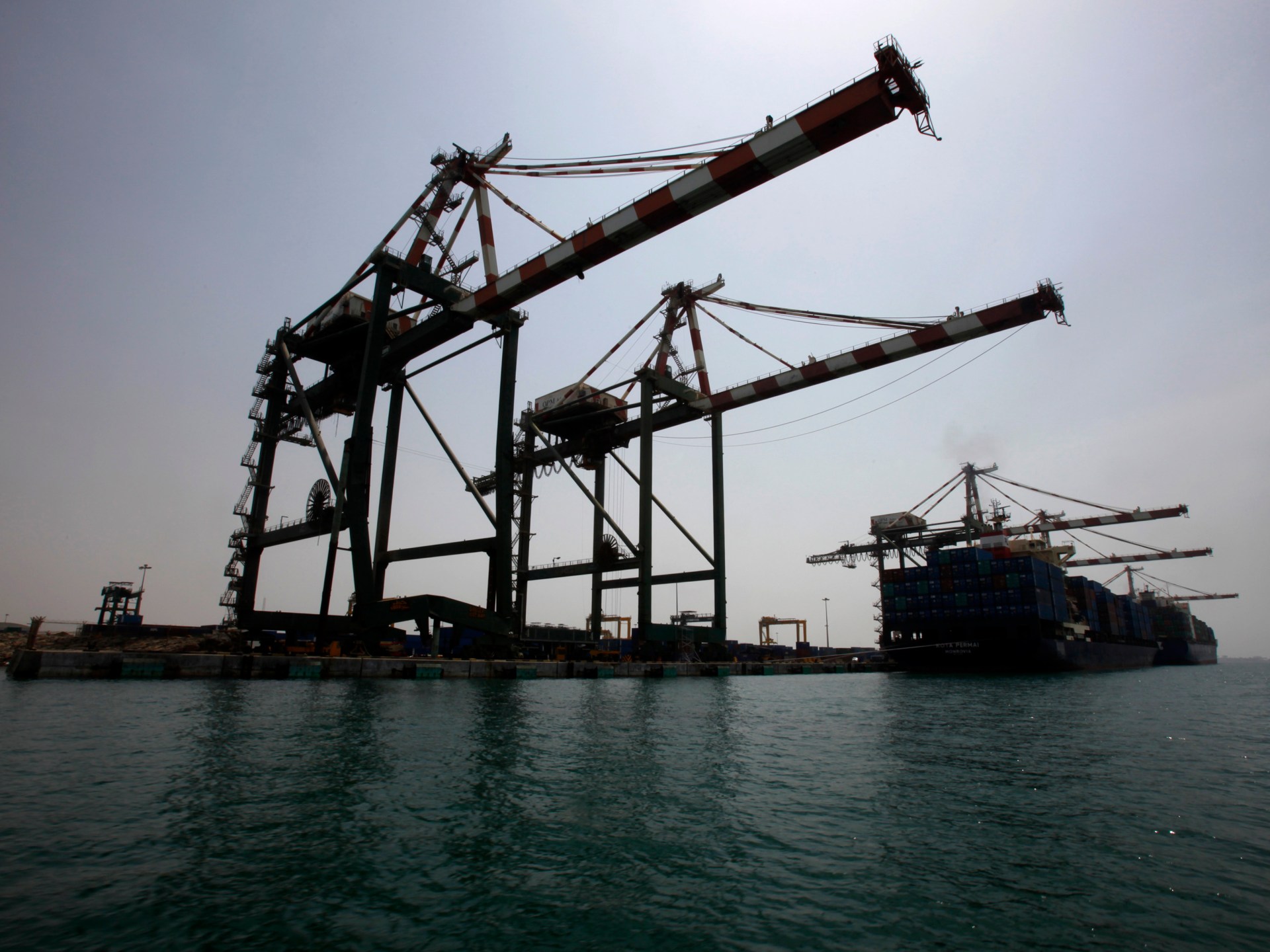Migration Puts the Brakes on Venezuela’s Vehicles — Global Issues
CARACAS, Oct 23 (IPS) – Diego has just enrolled to study journalism at a university in the Venezuelan capital and, with 2,000 dollars that his family members managed to gather, has bought his first car, a small 2007 Ford that can take him to class from his home in the neighboring Caribbean port city of La Guaira.
Tomás, an experienced physiotherapist who sold Diego the car, is leaving for Spain where a job awaits him without delay, “so I’m quickly selling off things that will give me money to settle there, such as furniture, household goods and appliances, but for now I sold only one of my two cars,” he told IPS.
“This Ford Fiesta was my first car, I loved it very much, but it doesn’t make sense for me to hold on to two vehicles. I’m keeping a 2011 pickup truck that is in good condition, just in case I don’t do well and I have to return,” added the professional who, like other sources who spoke to IPS, asked not to disclose his last name “for safety reasons.”
The migration of almost eight million Venezuelans in the last 10 years, and the general impoverishment of the population, have led to the deterioration of what was once a shiny fleet of vehicles, with one out of every four vehicles left standing now due to lack of maintenance and leaving much of the rest aging and on the way to the junkyards.
In the basements of parking lots, and in the streets of towns and cities, thousands and thousands of vehicles are permanently parked under layers of dust and oblivion, because their owners have left or because they do not have the money to buy spare parts and pay the costs of repairs.
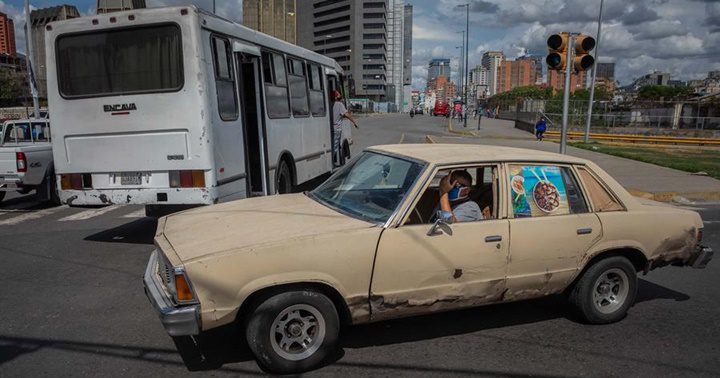
Aging vehicle fleet
Omar Bautista, president of the Chamber of Venezuelan Automotive Manufacturers, told IPS that “the vehicle fleet in Venezuela – a country that now has 28 million inhabitants – is about 4.1 million vehicles, with an average age of 22 years, and 25 percent of them are out of service.”
“The loss of purchasing power of the owners has caused most of them to delay the maintenance of their vehicles and the replacement of the spare parts that suffer wear and tear, such as tires, brakes, shock absorbers and oil,” Bautista said.
Moreover, in contrast to the immense oil wealth in its subsoil, gasoline in Venezuela is scarce and, after more than half a century being the cheapest in the world, it is now sold at half a dollar per liter, a cost difficult to afford for most owners of private vehicles or public transportation.
The country needs some 300,000 barrels of fuel per day and for several years it has had less than 160,000 barrels, according to oil economist Rafael Quiroz, who added that interruptions in the work of Venezuela’s refineries are frequent.
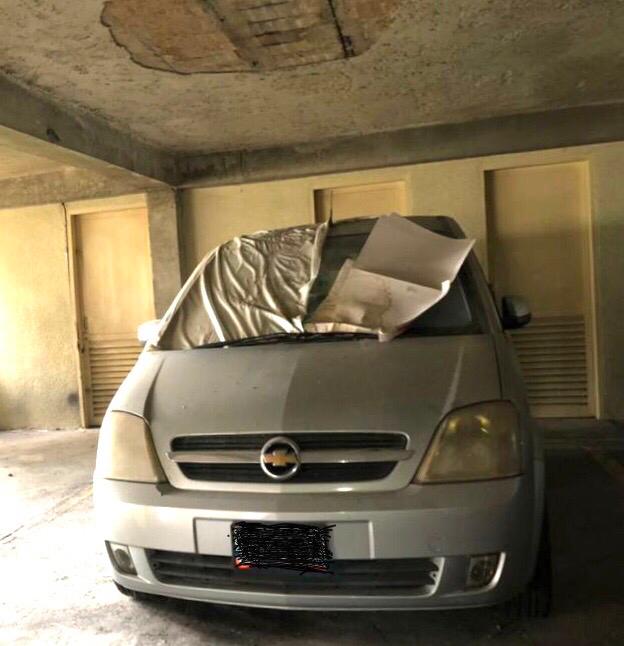
Not enough money
The minimum wage in Venezuela is four dollars a month. Most workers receive up to 50 dollars in non-wage compensation for food, and the average income according to consulting firms is around 130 dollars a month.
Luisa Hernández, a retired teacher, earns a little more giving private English classes, but “the situation at home is very difficult. I can’t afford to pay for the repair of my Toyota Corolla, but a mechanic friend agreed to do the work, and I can pay him in installments,” she told IPS.
Mechanics have their finger on the pulse of the situation. “People leave and the cars often sit idle for years, and then the owners end up selling them, from abroad. Quite a few of those I have gone to pick up and have fixed them, to sell them,” Daniel, who runs a garage in the capital’s middle-class east side, told IPS.
He said that “many people do not sell their cars before leaving the country, thinking that they’re just going abroad to ‘see how it goes’. But they stay there and then decide to sell their vehicle before it further deteriorates and depreciates.”
Another mechanic, Eduardo González, told IPS that “There are people who go away and leave their cars in storage and from abroad they contact us so that from time to time we can check them and do some maintenance. Or they entrust their vehicle to a relative. There are people who travel and come back, but most of them end up selling.”
This situation “has favored buyers, who can get cars at a low price. But the problems come later, because that very used car will require spare parts and maintenance, and that is expensive and often the parts are difficult to get,” added González.
The same difficulty is also a concern for owners of cabs, buses and private vans that transport passengers, as well as cargo trucks.
“At least half of the truck fleet in the region is affected by the shortage and scarcity of spare parts,” said Jonathan Durrelle, president of the Chamber of Cargo Transportation of Carabobo, an industrial state in the center of the country.
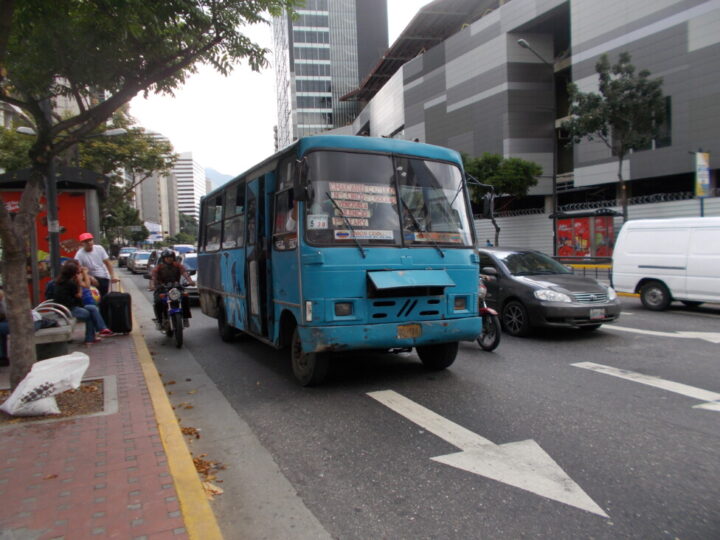
Industries have closed down
Elías Besis, from the Chamber of Spare Parts Importers, attributed this to the closure of companies that “years ago manufactured 62 percent of the spare parts needed in the country, and now that production has plunged to two percent.”
Thousands of manufacturing companies closed down in Venezuela during the eight years (2013-2020) in which the country was in deep recession, suffering a loss of four-fifths of its GDP according to economic consulting firms.
Financial and banking activity has also declined, as has the vehicle loan portfolio, which peaked at 2.3 billion dollars in 2008 and plummeted to just 227,000 dollars by late 2022, according to economist Manuel Sutherland.
Vehicle assembly plants, of which there were a dozen until recently, also closed their doors. In addition to selling to hundreds of dealerships, they used to export vehicles to the Andean and Caribbean markets.
Their production peaks were recorded in 1978, with 182,000 new vehicles – Venezuela then had 14 million inhabitants and 2.5 million vehicles – and in 2007, when 172,000 cars were assembled.
In 2022 only 75 vehicles – trucks and buses – were assembled, and in the first six months of this year just 22.
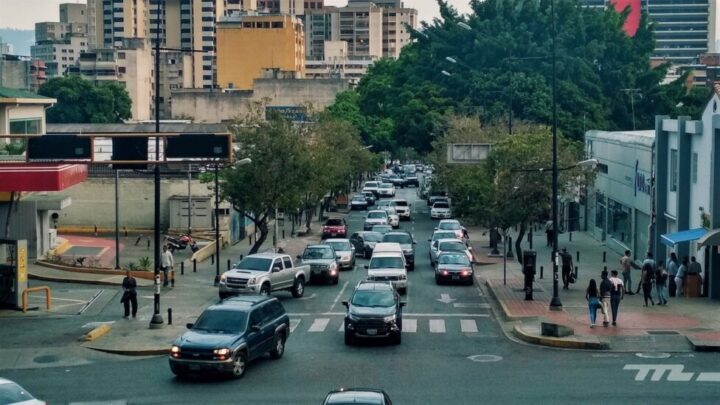
Farewell to the bonanza
The result of this scenario is the aging and non-renewal of the vehicles circulating on Venezuela’s roads.
The new ones, Daniel pointed out, “are SUVs, crossovers and off-road vehicles that cost a lot of money and can only be bought by those who live in the bubble,” the term popularly used to refer to the segment of high-level officials and businesspersons whose finances are still booming in the midst of the crisis.
In addition, in view of the almost total closure of automotive plants, individuals are opting to import new vehicles directly from the United States, favored by the elimination of tariffs for the importation of most models.
For that reason, said Bautista, “there is no shortage of new vehicles, what there is is a shortage of consumers with the necessary purchasing power and conditions to buy new vehicles.”
These consumers were part of the hard-hit middle class – nine out of 10 families in that socioeconomic category had fallen below the middle class by 2020 according to the consulting firm Anova – and they no longer buy new or newer cars because they have swelled the legion of migrants, selling or leaving behind their main assets.
Since the days of the oil boom (1950-1980), Venezuelans developed a sort of sentimental relationship with their vehicles, associating them with comfort and enjoyment that favored cheap gasoline and a network of paved roads that made it easier to travel to places of recreation.
In middle class and even lower middle class families, it was quite common to change cars every two years and to give one to their children when they turned 18. They were helped by credit facilities, and were encouraged to buy cars in cities where public transportation has always fallen short.
They have had to say goodbye to their easy past on wheels, like migrants have said farewell to their country and homeland. Or at least “see you later”.
© Inter Press Service (2023) — All Rights ReservedOriginal source: Inter Press Service
Check out our Latest News and Follow us at Facebook
Original Source

